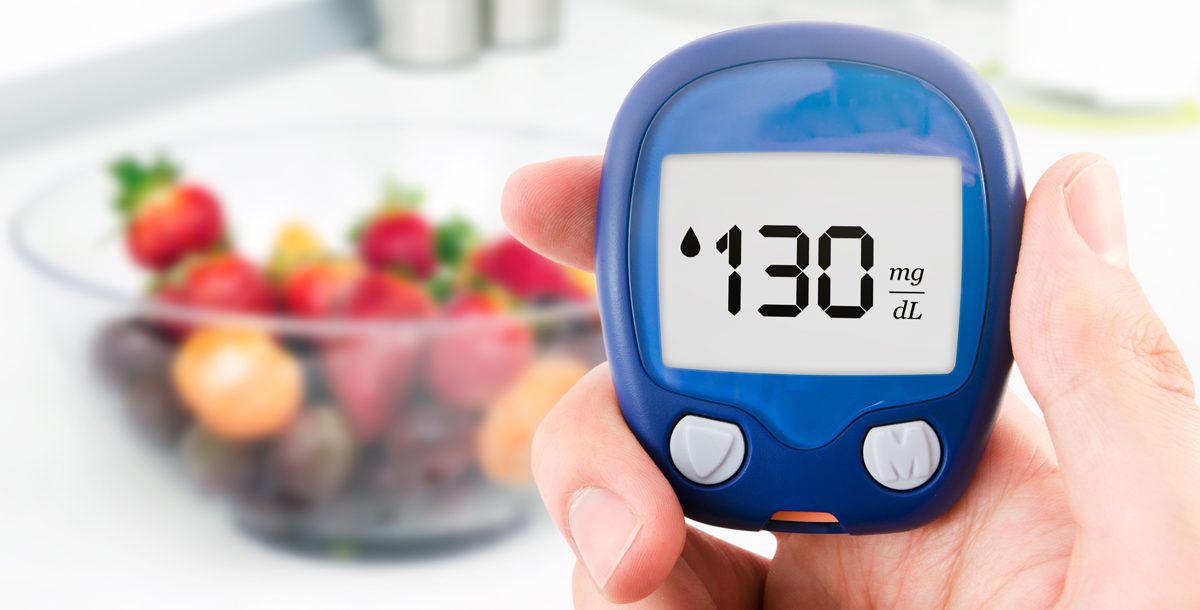For most people, taking good care of your heart means eating a healthy diet, exercising and keeping your cholesterol in a healthy range. However, did you know that keeping your blood sugar in a healthy range is also important?
What does blood sugar have to do with heart health?
Blood sugar, or blood glucose, is simply the amount of sugar carried in your blood. People with prediabetes or diabetes have higher levels of blood sugar.
Too much blood sugar damages your blood vessels. Doctors don’t fully understand why this happens, and researchers are currently studying the connection. A few possibilities are that:
- People with diabetes also tend to have high cholesterol and/or high blood pressure, both of which are also closely linked to heart disease.
- High blood sugar may directly affect the functioning of the cells that line blood vessels.
- When in the presence of high blood sugar, certain fats and proteins are more likely to be converted to molecules that may cause damage.
- The body tries to protect blood vessels from more damage by depositing cholesterol, but too much cholesterol leads to narrow or blocked arteries.
People with diabetes have a greater risk of having a heart attack or stroke. Not only that, when enough blood vessels are damaged, it can also lead to serious problems with the eyes, nerves and kidneys.
What you can do
The good news is that steps you take to keep your blood sugar levels in a healthy range will help your heart and other organs.
- Get your blood sugar checked regularly, even if you don’t have any symptoms of diabetes. According to the CDC, over 7 million Americans with diabetes don’t know they have it, and more than 75 million Americans with prediabetes don’t know they have it.
- Follow your provider’s recommendations for exercise and nutrition.
- Eat high-fiber foods, including fruits, vegetables, brown rice and beans.
- Limit how often you eat high-sugar or high-fat treats. When you do indulge, choose small portion sizes.
Ask you primary care physician about your heart risk and how to reduce your chance of developing heart disease.
Want to learn more about your heart health? Learn about the heart and vascular services we offer at Mercy Health.






